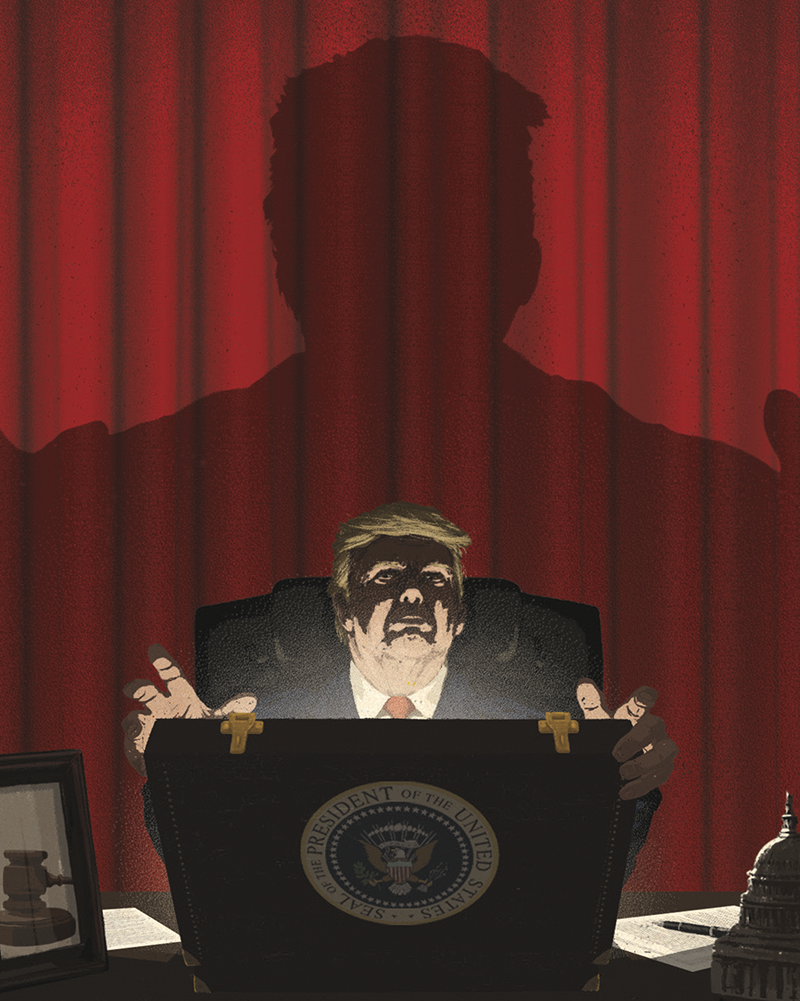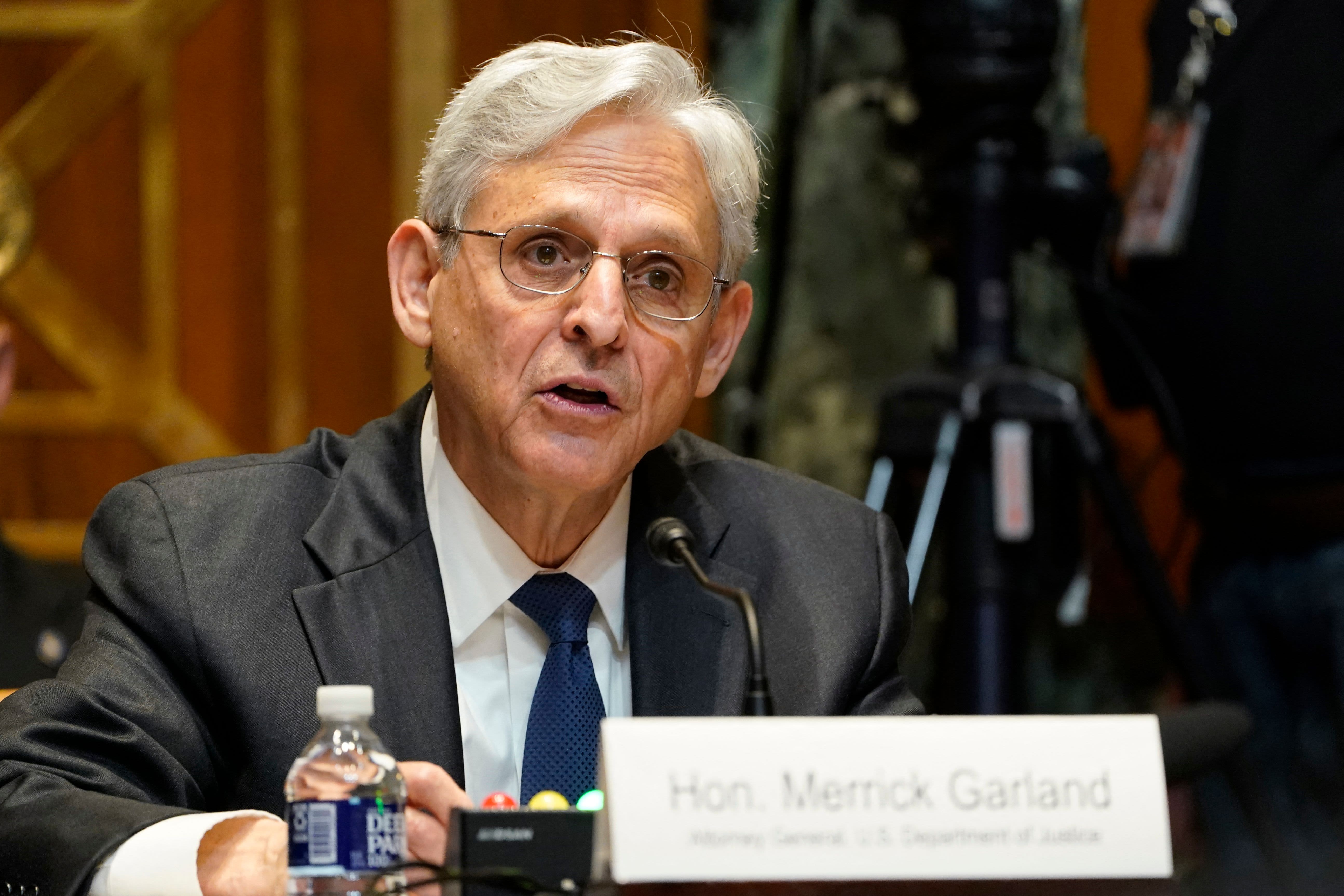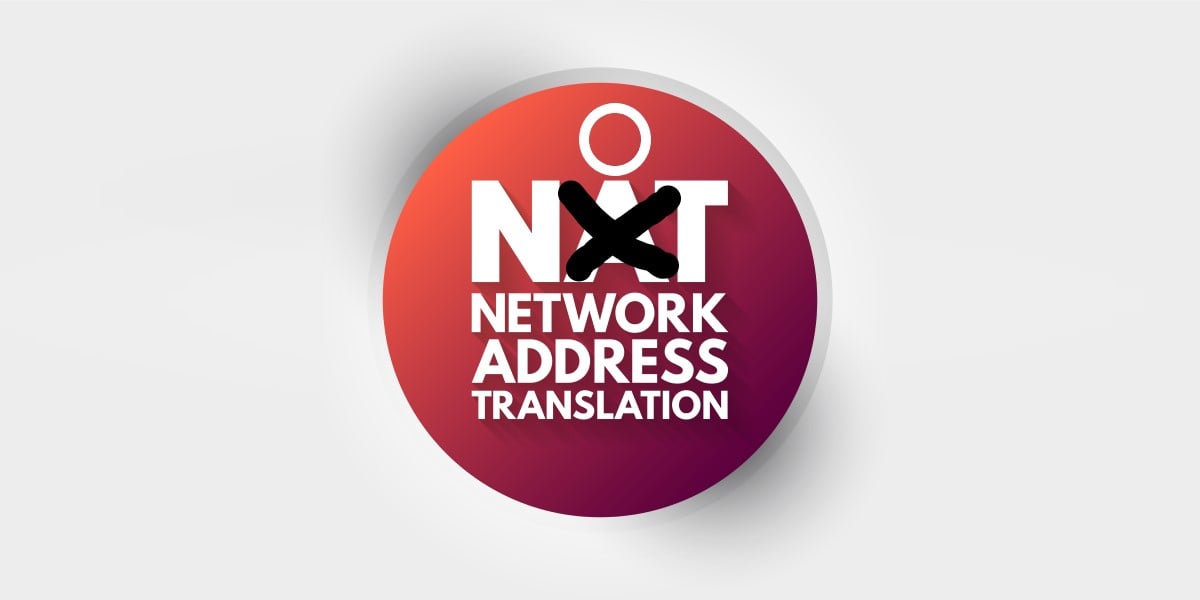
The Enemies Briefcase
A few hours before the inauguration ceremony, the prospective president receives an elaborate and highly classified briefing on the means and procedures for blowing up the world with a nuclear attack, a rite of passage that a former official described as “a sobering moment.” Secret though it may be, we are at least aware that this introduction to apocalypse takes place. At some point in the first term, however, experts surmise that an even more secret briefing occurs, one that has never been publicly acknowledged. In it, the new president learns how to blow up the Constitution.
The session introduces “presidential emergency action documents,” or PEADs, orders that authorize a broad range of mortal assaults on our civil liberties. In the words of a rare declassified official description, the documents outline how to “implement extraordinary presidential authority in response to extraordinary situations”—by imposing martial law, suspending habeas corpus, seizing control of the internet, imposing censorship, and incarcerating so-called subversives, among other repressive measures. “We know about the nuclear briefcase that carries the launch codes,” Joel McCleary, a White House official in the Carter Administration, told me. “But over at the Office of Legal Counsel at the Justice Department there’s a list of all the so-called enemies of the state who would be rounded up in an emergency. I’ve heard it called the ‘enemies briefcase.’ ”
These chilling directives have been silently proliferating since the dawn of the Cold War as an integral part of the hugely elaborate and expensive Continuity of Government (COG) program, a mechanism to preserve state authority (complete with well-provisioned underground bunkers for leaders) in the event of a nuclear holocaust. Compiled without any authorization from Congress, the emergency provisions long escaped public discussion—that is, until Donald Trump started to brag about them. “I have the right to do a lot of things that people don’t even know about,” he boasted in March, ominously echoing his interpretation of Article II of the Constitution, which, he has claimed, gives him “the right to do whatever I want as president.” He has also declared his “absolute right” to build a border wall, whatever Congress thinks, and even floated the possibility of delaying the election “until people can properly, securely, and safely vote.”








/cdn.vox-cdn.com/uploads/chorus_asset/file/23935561/acastro_STK103__04.jpg)
/cdn.vox-cdn.com/uploads/chorus_asset/file/24371483/236494_Mac_mini__2023__AKrales_0066.jpg)



